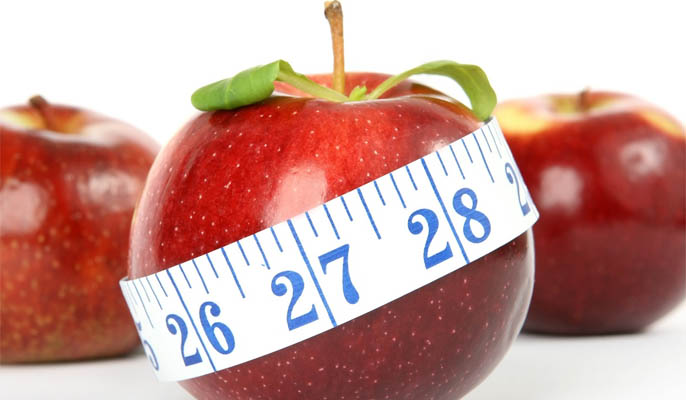
Fast forward to 2025…
A four-year-old skims through the menu in a restaurant.
He can’t read, but he recognises the bold, red font on 75% of the menu items. They are the ‘bad foods’, he heard Mummy talking about.
“I’ll have that, please, Waiter”, the boy declares, pointing at a green item on the menu.
“The prawn… niçoise…salad…minus the…dressing,” the waiter verifies as he scrawls down the child’s order.
Rewind to present day
This could soon be reality, because the government are proposing to force all restaurants, cafés and food outlets to publish calorie counts beside all menu items. As someone who has been obsessively counting calories since the innocuous age of 13 (and all for the wrong reasons, I might add), I am grimacing.
The motive behind calorific values being included on menus is to try and tackle childhood obesity. The hope, I suppose, is that children and their parents will be aware of foods’ nutritional content before ordering to promote healthy choices. But calorie counting is no new phenomenon and since its introduction on supermarket foods, evidence of its effectiveness is weak. So, what makes the government think that this is a sensible solution?
Should restaurants put calories on their menus?👨🍳 #caloriecounting
— OpinionPanel (@OpinionPanelEd) September 28, 2018
In reality, do calories really exist?
It’s debatable because it was us, after all, that ‘invented’ them. They are a man-made energy unit assigned to food to inform us of the amount of fuel it provides our bodies with. But before calories were plastered across food, we used a fascinating thing called ‘intuition’. If we were hungry we would eat. If we were full we would stop.
An obsession with calories distracts from the real problem. As with restrictive eating disorders, over-eating is caused by a combination of factors, largely emotional. I refuse to believe its sole cause is lack of knowledge. Tackling obesity, specifically childhood obesity, with tallied calories on menus assumes just that: overweight beings are simply dunces who know no better. Anyone can identify, say, carrots as the healthier option over a custard doughnut, but plenty would struggle to opt for the carrots over the junk food.
The people most likely to be affected by menu-listed calories are individuals with and those susceptible to eating disorders. The idea normalises the reliance on numbers to justify food as well as an unhealthy obsession with calories, which are two things many people with eating disorders desperately try to escape from. It joins the army of FitBits and My Fitness Pal fanatics, all fighting blindly for the victory of diet culture.
Is a move like this one really all that practical?
The time and money required to calculate the calories in each menu item would be totally unrealistic for many independent food outlets. Either way, most restaurants don’t weigh their ingredients, so how can calorie counts even be deemed accurate? That’s not the only problem either:
– Chefs’ ‘hand sizes’ vary
– One might decide to be generous with the chocolate sprinkles
– Another might be short on olives so use three rather than five.
The short story:numbers will vary.
A meal that, on one occasion, is 534 calories might be 612 the next time it’s made. Such lack of accuracy makes the whole idea pointless. This is simply a ploy by the government to appear to be doing something to tackle obesity. They are, unsurprisingly, out of their depth … again.
Calorie counting has rendered me incapable of listening to my body. The intuition in choosing what to eat and when to at it, based off what your body asks for, is something I and many others took for granted long ago. The dangers of the government’s new anti-obesity strategy terrify me.
I urge them to rethink.
–
If you find that you are struggling with an eating disorder, or are worried about your eating habits, please reach out to someone. The Samaritans’ contact numbers are listed below:






Calories should be written for people who want to have a healthy diet and to reduce their calories, or even for people who may want to know how much they’re putting into their stomach. But I don’t think it should advertised boldly like with big and bright fonts in the packageing. This is because it may effect people with a eating disorder, they may think they are eating a lot of calories even if it’s not much due to the advertisement in the packageing.
stop blaming others for your inability of change